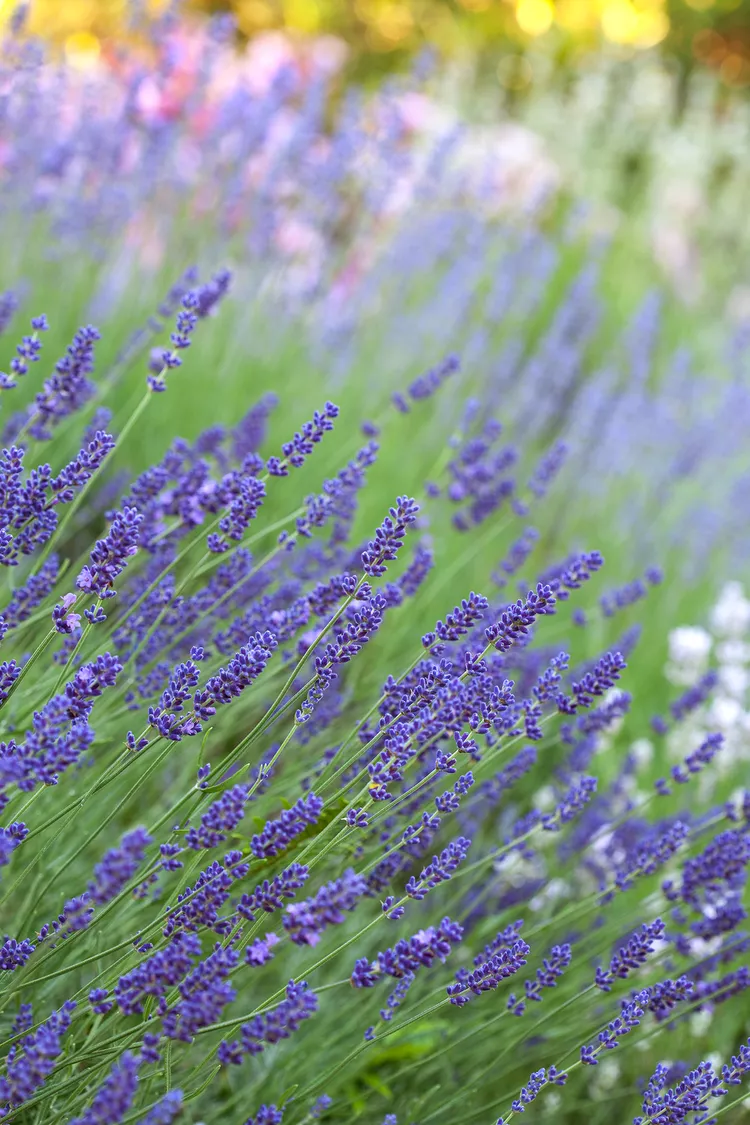Hostas, with their lush foliage and elegant presence, are a beloved addition to many gardens. However, these beautiful plants often find themselves under attack from one of the most persistent garden pests: slugs. These slimy creatures can quickly turn a once - vibrant hosta bed into a tattered mess, leaving holes in the leaves and causing significant damage. But fear not! There are several easy - to - execute strategies that can help you fight back and protect your precious hostas.
One of the simplest and most effective ways to deal with slugs is through physical barriers. Copper tape is a popular choice. Slugs receive a mild electric shock when they come into contact with copper, which deters them from crossing the barrier. You can wrap copper tape around the pots of your hostas or create a perimeter around your hosta beds. This creates a no - go zone for slugs, keeping them away from your plants. Another physical barrier option is crushed eggshells. Spread a layer of crushed eggshells around the base of your hostas. The sharp edges of the eggshells are uncomfortable for slugs to crawl over, acting as a natural deterrent.
Beer traps are also a well - known method for controlling slugs. Slugs are attracted to the yeast in beer. Bury a shallow container, such as a yogurt cup, in the soil near your hostas. Fill the container with beer up to about an inch from the top. The slugs will be lured by the smell of the beer, crawl into the container, and drown. Check the traps regularly and empty them as needed. This method not only reduces the slug population but also provides a fun and somewhat satisfying way to deal with these pests.
Natural predators can be your allies in the fight against slugs. Encouraging wildlife that feeds on slugs, such as frogs, toads, and birds, can help keep the slug population in check. Create a frog - friendly environment in your garden by adding a small pond or a damp, shady area. Provide bird feeders and nesting boxes to attract birds. These natural predators will help control the slug population without the need for harsh chemicals.
Some plants have natural slug - repellent properties. Planting these alongside your hostas can provide an extra layer of protection. For example, lavender, rosemary, and thyme are known to repel slugs. Their strong scents are unappealing to slugs, and they can act as a natural barrier. You can create a border of these plants around your hosta beds or interplant them among the hostas.
Proper garden maintenance can also play a crucial role in slug control. Slugs thrive in damp, dark environments. Keep your garden clean and free of debris, such as fallen leaves and overgrown vegetation. This reduces the hiding places for slugs and makes your garden less attractive to them. Water your hostas in the morning so that the soil has time to dry out during the day. Avoid over - watering, as this can create a moist environment that slugs love.
When it comes to chemical options, there are slug baits available on the market. However, it's important to use these with caution. Some slug baits can be harmful to other wildlife, pets, and even humans if ingested. Look for organic or environmentally friendly slug baits that are less toxic. Follow the instructions carefully when applying these baits to ensure their effectiveness and safety.
In conclusion, protecting your hostas from slugs requires a multi - pronged approach. By using physical barriers, beer traps, natural predators, slug - repellent plants, proper garden maintenance, and, if necessary, carefully selected chemical options, you can win the battle against these pesky pests. With a little effort and the right strategies, your hostas can thrive and continue to be the centerpiece of your garden for years to come.
Remember, slug control is an ongoing process. Regularly monitor your hostas for signs of slug damage and adjust your strategies as needed. By staying vigilant and taking proactive steps, you can keep your hostas healthy and beautiful, free from the ravages of slug attacks.
So, don't let slugs win the war on your hostas. Take action today and implement these easy - to - execute strategies to protect your precious plants and enjoy a thriving garden.




















